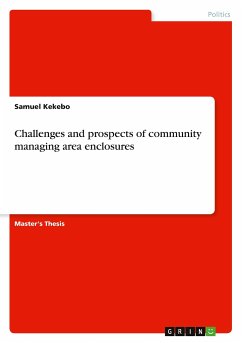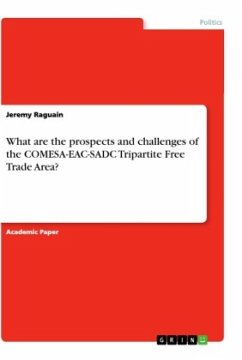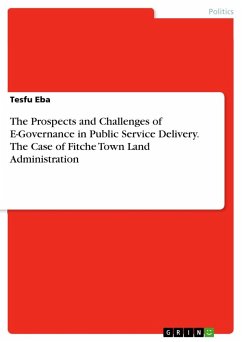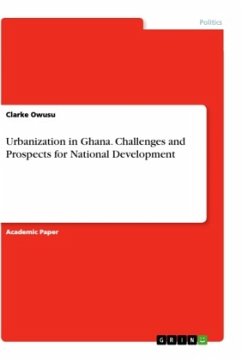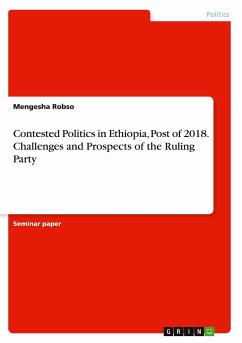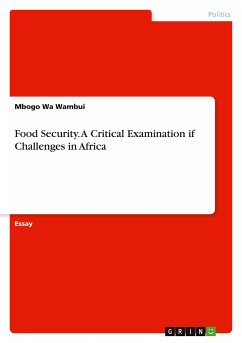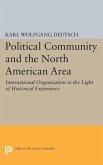Master's Thesis from the year 2013 in the subject Politics - International Politics - Topic: Miscellaneous, grade: Excellent, , language: English, abstract: The paper is aimed to study the challenges and prospects of community managing Area Enclosures in Halaba Special Woreda, SNNPR. Objectives were framed to examine the community management of area Enclosures (AEs). The methodology of the study is descriptive survey design, and Both Quantitative and Qualitative data have been gathered. Quantitative data has been collected through questionnaire and the questionnaire was composed of open ended and closed ended questions. The qualitative data has been collected through FGD, key informant interview and direct observation. Data for this study has been collected from primary and secondary sources. In this study respondent farmers were the major sources of primary data. As part of the primary data, information also has been collected from woreda agricultural office, Kebele Head administrators, and experts from District land and Water Conservation Department as key informants. Sample Size Determination and Sampling Techniques have been adopted in Multistage sampling methods for the study. From the study area two kebeles have been selected among the four kebeles (Asore, Habibo Furnaye, Chorroko and Mudda mafaya) by using simple random sampling (lottery method). Then, from the sampling kebeles each gotts are registered. The total HHs from the two kebeles were 1033 and 15% of the total households have been selected from the list of households in selected kebeles by using systematic random sampling method. To analyze the quantitative data the researcher used frequencies, percentage, mean standard deviation and chi square. Qualitative data was used to triangulate with quantitative data to make the study valid and reliable.

